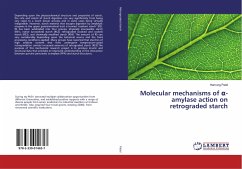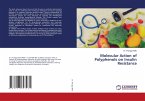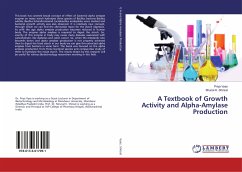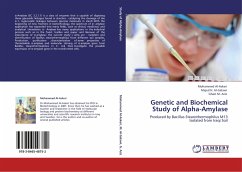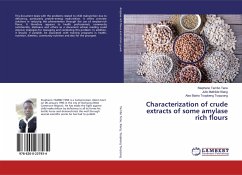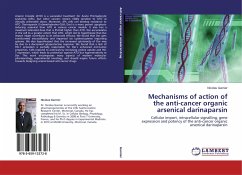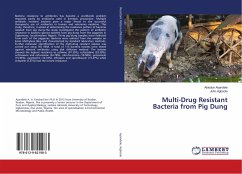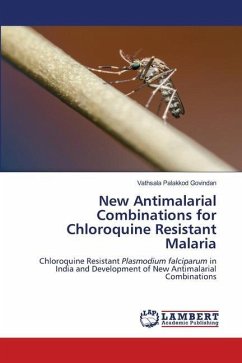Depending upon the physicochemical structure and properties of starch, the rate and extent of starch digestion can vary significantly from being very rapid to a much slower process and in some cases being virtually indigestible. However, starch material that escapes digestion by amylolytic enzymes in the upper gastrointestinal tract is termed 'resistant starch' (RS). RS has been subdivided into four groups; physically inaccessible starch (RS1), native (uncooked) starch (RS2), retrograded (cooked and cooled) starch (RS3), and chemically modified starch (RS4). The amount of RS can vary considerably depending upon the botanical source and the food processing conditions applied. Many groups have reported that starches of high amylose content that have undergone temperature-cycled retrogradation contain increased amounts of retrograded starch (RS3).The purpose of this mechanistic research project is to produce kinetic and structural data that provides an improved understanding of the interaction between porcine pancreatic -amylase (PPA) and starch structures.
Bitte wählen Sie Ihr Anliegen aus.
Rechnungen
Retourenschein anfordern
Bestellstatus
Storno

